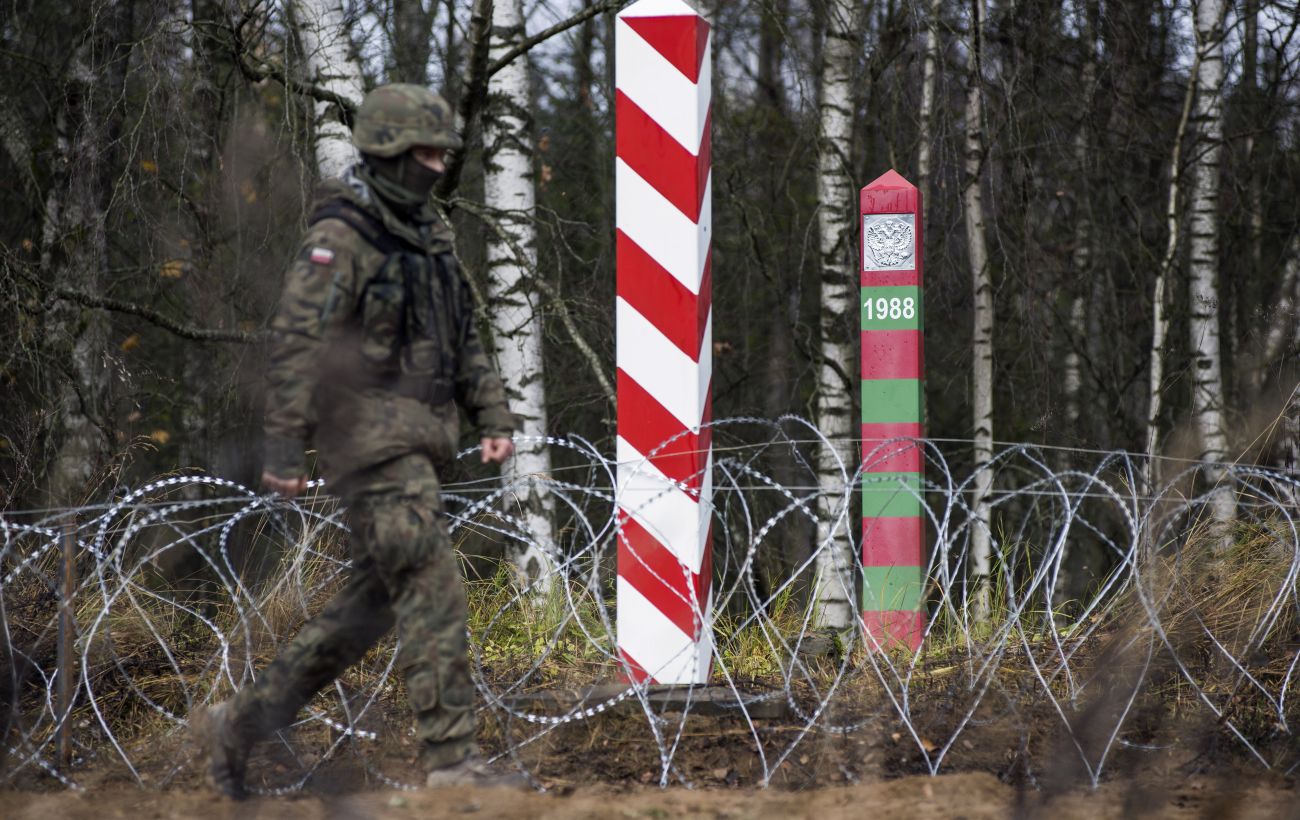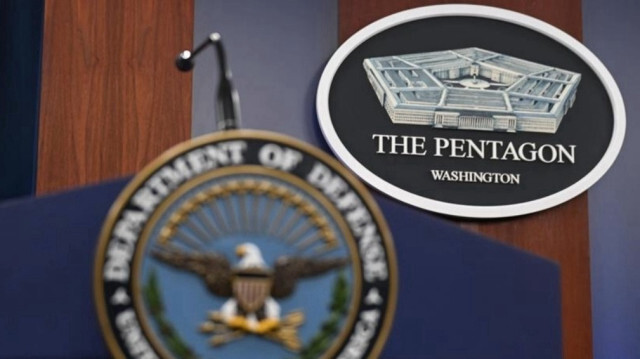Xi's Diplomatic Chess Moves Amid European Tension
Chinese President Xi Jinping's visit to France stirs debates on trade, human rights, and diplomacy, challenging the European quest for balanced relations amidst the Ukraine crisis.
Published May 06, 2024 - 00:05am

Image recovered from alhurra.com
Approximately two thousand demonstrators, primarily from the Tibetan community, gathered in Paris on Sunday, protesting against the visit of Chinese President Xi Jinping to France, a nation recognized for its human rights advocacy. The protestors called it the welcoming of a "dictator," challenging Xi's perceived support for Putin, interference in French affairs, oppression in Hong Kong, and threats against Taiwan.
President Macron seeks reciprocity in trade and a resolution to the war in Ukraine while engaging with China, which continues to demonstrate support for Russia. The French President urges that business with China cannot proceed as usual due to the pervasive absence of freedom of expression and human rights violations highlighted by the Tibetan diaspora in France.
During Xi's first European tour since 2019, balancing diplomatic efforts is key, with visits to France—urged to influence Russia regarding Ukraine—and then to Serbia and Hungary, Moscow's allies. A series of meetings involving Macron, German Chancellor Scholz, and European Commission President von der Leyen will focus on China-EU trade disputes, particularly government subsidies impacting global competition and the automobile industry.
With France pushing for a "Olympic truce," to pause conflicts during the Paris summer games, and China maintaining a neutral stance on the Ukraine conflict while facing criticism for not condemning Russia, Macron is expected to leverage this diplomatic opportunity to prompt China to use its influence over Moscow to foster peace.
Both European unity and a strategic approach to China are debated among EU members, with Macron advocating for a realistic and reciprocal exchange that counters Beijing's accusations of European protectionism. The discussions on investments, trade, and strategic interests continue with a nuanced awareness of China's neutrality claim and its burgeoning ties with Russia.
The arrival of Chinese President Xi Jinping in Europe serves as a stark reminder of the intricate weave of international politics, where human rights concerns and geopolitical strategies must be balanced with the art of diplomacy. This balance is precisely what French President Emmanuel Macron seems to be attempting as he meets Xi Jinping amidst a backdrop of protest and controversy.
The protests in Paris, while highlighting the Tibetan community's allegations of suffering under Chinese rule, are part of a larger narrative of concern among Europeans regarding China's growing global influence and its partnership with Russia. The demonstrators' choice of the term "dictator" for Xi reflects a wider disapproval of China's human rights record, which includes not only the situation in Tibet, but also the treatment of Uighur Muslims in Xinjiang, and the diminishing autonomy of Hong Kong.
As part of his first European tour in years, President Xi is faced with a Europe that is considerably more wary of his country's intentions. The EU, particularly under the leadership of Macron and his peers, is signaling a desire to assert its values and interests more vigorously in the face of great powers like China and Russia. Macron’s push for diplomatic dialogue with China positions France as a mediator in international conflicts, including the war in Ukraine.
While economic considerations are paramount – with Europe eager to address the imbalance in Sino-European trade – Macron's government does not shy away from voicing its disapproval of human rights abuses. This tough stance is a delicate dance; France and Europe at large have significant economic ties with China. This underscores the difficulty of using economic leverage to influence China's foreign and domestic policies without risking significant blowback to European economies.
President Macron’s insistence on a diplomatic resolution to the Ukraine war, and his push for a "Olympic truce," suggests a preference for soft power strategies. However, with China’s posture of neutrality and its close relationship with Russia, Macron's influence may have its limits. China’s investments in Europe, such as infrastructure development under the Belt and Road Initiative, are points of contention as well. These investments are often seen as tools of Chinese influence, exacerbating tensions between the need for economic collaboration and the desire for political autonomy.
The coming days will show how these tensions unfold. The pressure on Macron to simultaneously defend human rights while maintaining beneficial trade relations is an unenviable challenge. Similarly, Xi's efforts to present China as a benign global power are marred by dissenting voices both within and outside of China's claimed territories.
Amidst all this, the strategic motivations of France, China, and the broader European Union will continue to evolve. While trade and investment will be at the forefront of the discussions, the undercurrent of human rights will persist as a litmus test for the ethical standing of international relations. Macron, Scholz, Von der Leyen and Xi find themselves at a crossroads where each path forward is fraught with complication, and the eyes of the world – especially those protestors in Paris – are watching intently.




:format(jpeg)/cloudfront-us-east-1.images.arcpublishing.com/elespectador/E4FBVWFOZFFKJPADSHULE3OZ5U.jpg)


